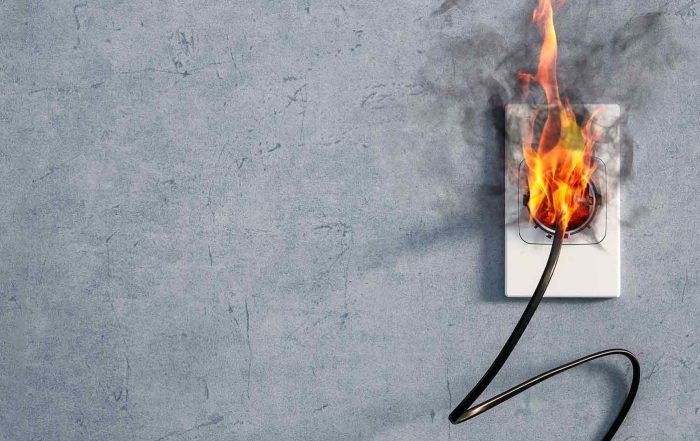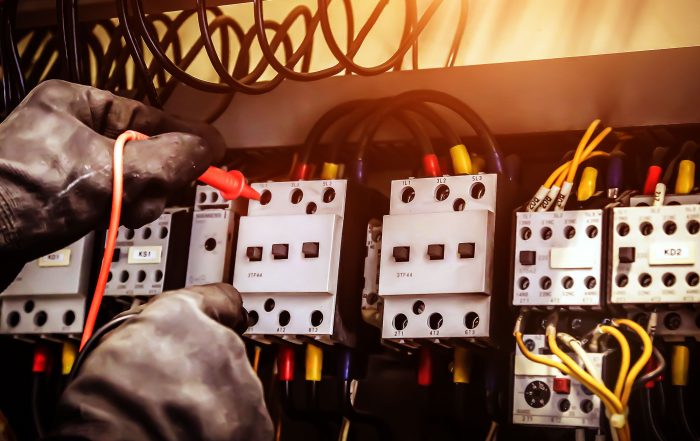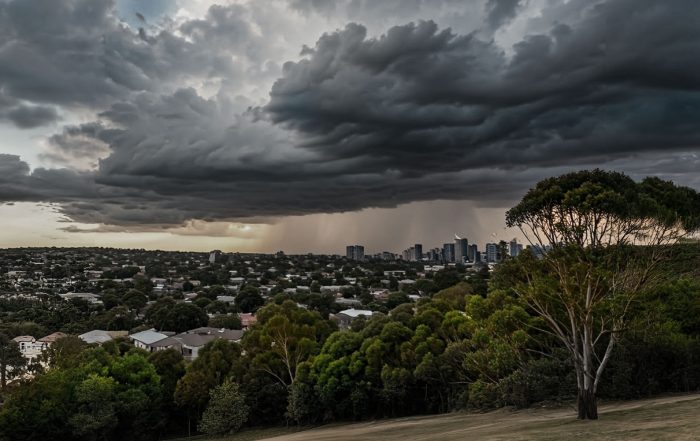Power Out? Here’s What You Can Do
Power Out? Here’s What You Can Do
When the power goes out, it can be distressing and highly inconvenient. You’ve got the potential damage to your property from the cut out, the stuff in your fridge and freezer could spoil if it lasts long enough, and sitting in the dark with no Netflix is not fun at all. And depending on the cause of the outage, you could be facing anywhere from an hour to several days without electricity, heating and cooling, or essential amenities.
However, the worst thing you can do during a power outage is panic. Keep a level head and follow this checklist.
Step 1: Prepare for an Outage
Power outages can be unpredictable, but that doesn’t mean you can’t be prepared. Stock up on lights and heat sources that don’t require electricity. This helps you and your family stay safe — especially if the outage happens at night! Here are a few essential items to keep on hand:
- Candles, matches, lighters, and torches. (Just be sure to practice fire safety when using these.)
- Battery-powered lanterns, flashlights, and space heaters.
- Portable phone chargers or battery power banks. (Tip: keep these charged so that they’re ready to go when you need them.)
- Gas-fuelled heating device.
- Propane camping grill.
- Coolers and reusable ice packs. (Tip: keep a few ice packs in your freezer at all times.)
- A battery-powered radio.
- Spare batteries of various sizes.
- At least three days’ worth of non-perishable food and beverages.
Your power-outage toolkit will ensure that you can continue to have heat, light, and a way to cook food even without electricity.
Step 2: Make a Game Plan for an Outage
When the power goes out, it’s easy to feel frustrated and panicked. If you have a game plan, you can keep calm and handle the situation effectively. Your game plan may vary based on your home, but in general, it should follow this process:
- Note the time at which the power went off.
- Switch off and unplug sensitive electronics, such as computers, game consoles, and TVs. When the power comes back on, the surge of electricity could damage these devices.
- Switch off and unplug any devices that generate heat, such as space heaters, coffeemakers, and irons. You don’t want these to turn back on while they’re unattended.
- Prepare for leakage from freezers and mini fridges with freezer components. If the power is out for a long time, these appliances will begin to defrost. Keep their doors closed and place towels around their bottoms.
- Keep your refrigerators closed for the duration of the outage, if possible. If you need to, pull out essential foods and drinks and keep them in your cooler, so that you can keep your fridge sealed. (Note: if your power is out for more than 4 hours, you may experience spoilage. Always check your perishable items with a thermometer to ensure their safety.)
If you have a generator for essential appliances, feel free to use it, but never connect it directly to the switchboard.
Once you’ve followed your game plan, you can begin to investigate the cause of the outage.
Step 3: Evaluate the Situation
When the power goes off, the first thing to do is take care of your belongings and ensure that everyone is safe. Next, assess the scope and possible causes of the outage. Are your neighbours experiencing an outage as well? Do you see any downed power lines in the street? Is your utilities provider aware of the outage? (Tip: call your distributor, not the retailer.)
If the problem seems to be limited to your home, examine your fuse panel. Sometimes, a blown fuse can impact your entire home. Check to see if any trip switches are in the OFF position. You can try resetting the switches yourself, but if you aren’t sure what you’re doing, it’s best to call in a qualified electrician. You should definitely do so if you believe the outage was caused by wiring problems or damage on your property.
Conclusion
By following your customised plan of action during a power outage, you can overcome the feelings of stress and panic that may arise. Follow your checklist to ensure your family’s and property’s safety, then wait for updates from your electricity distributor or for the arrival of an electrician.
If the cause of the outage seems to be based on your property, or if you’d like to be proactive about electrical safety in your home, you need a licensed electrician to help you keep the power on. Faraday Group offers home electricity audits, emergency power supplies for essential equipment, power upgrades to reduce outages, and more. Whether you’re experiencing an outage or would like to protect your property against surges and brownouts, we’re here to help. Learn more at our website and contact us today to find out how Faraday Group can help you keep the lights on and your family safe.



